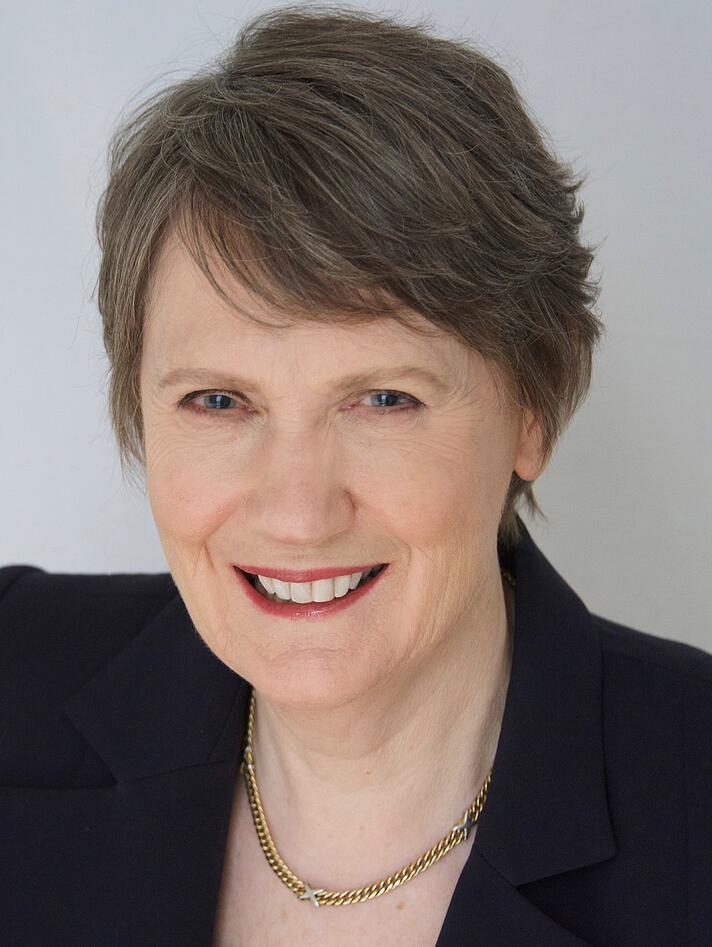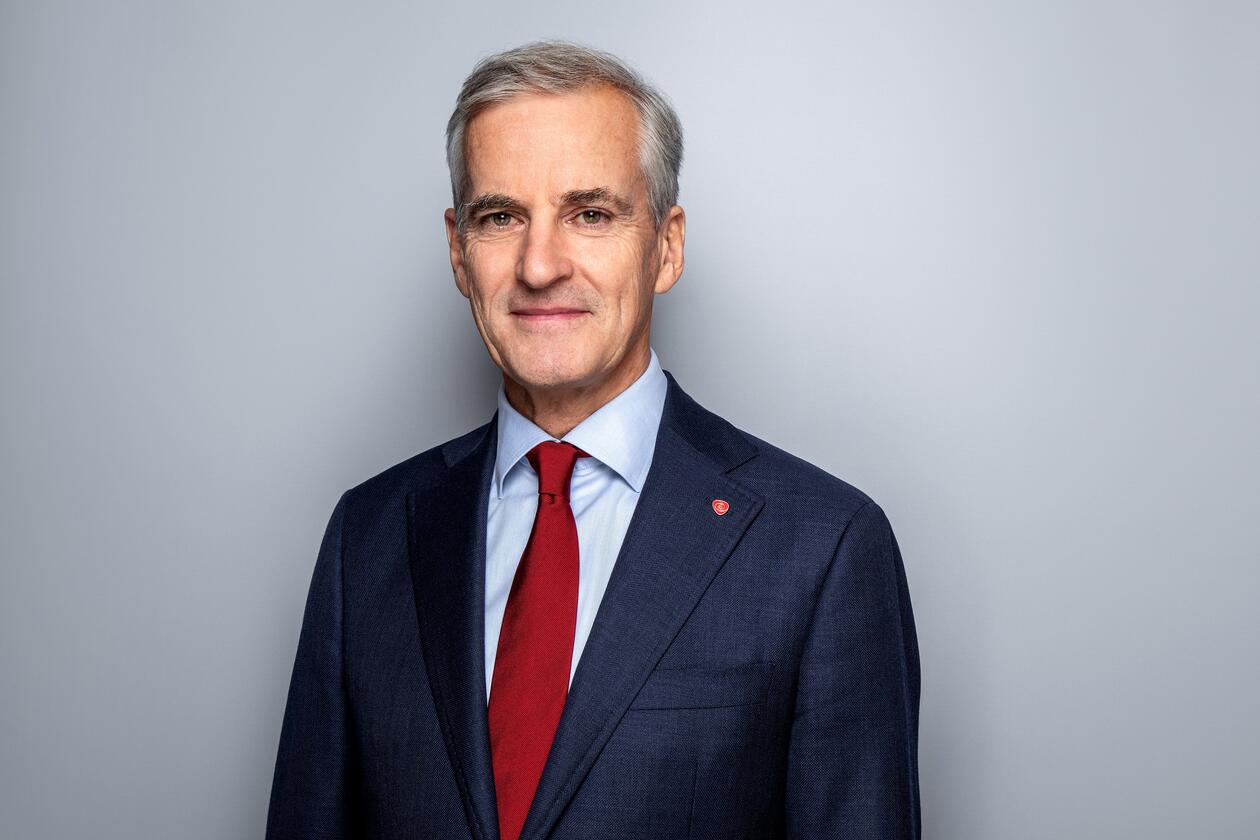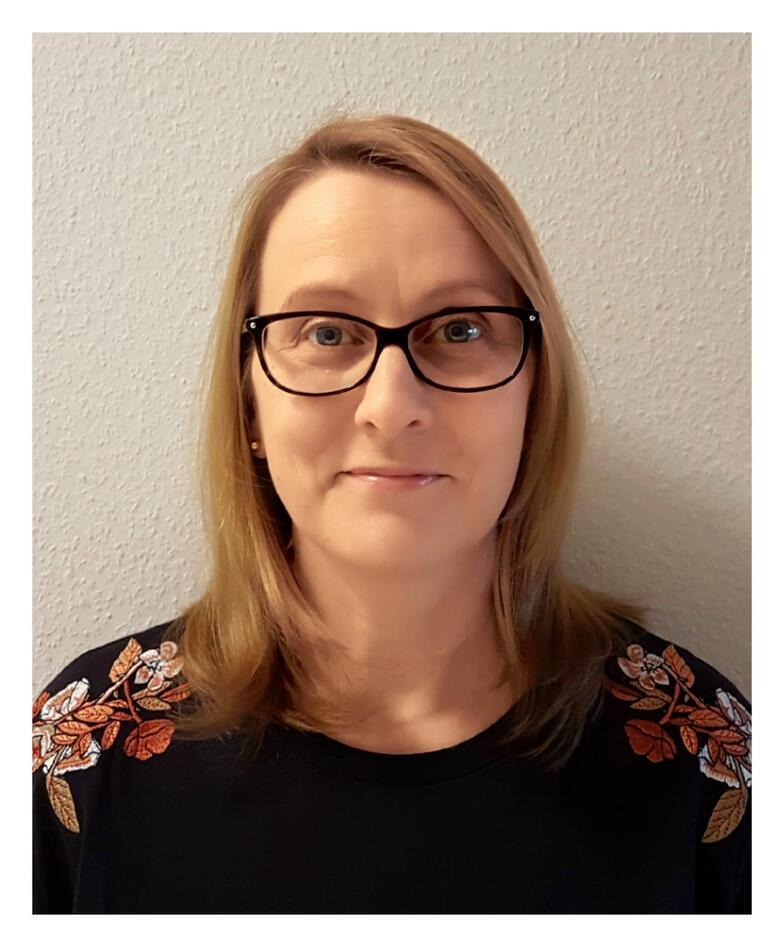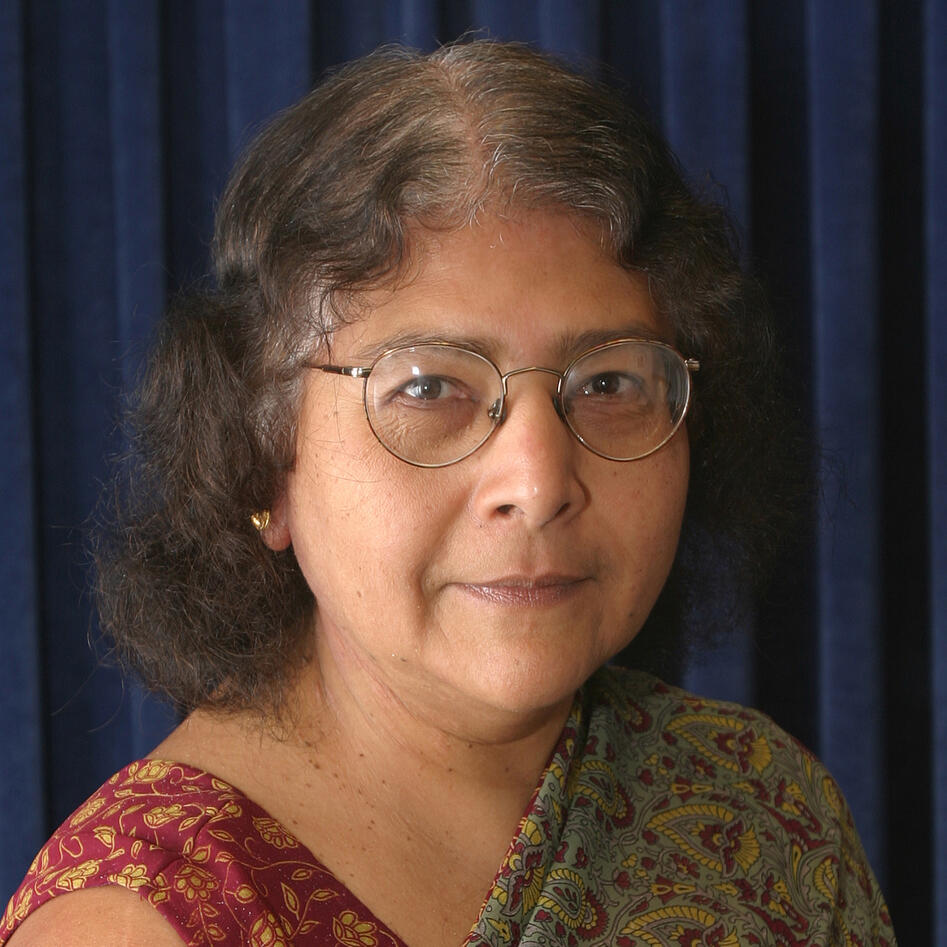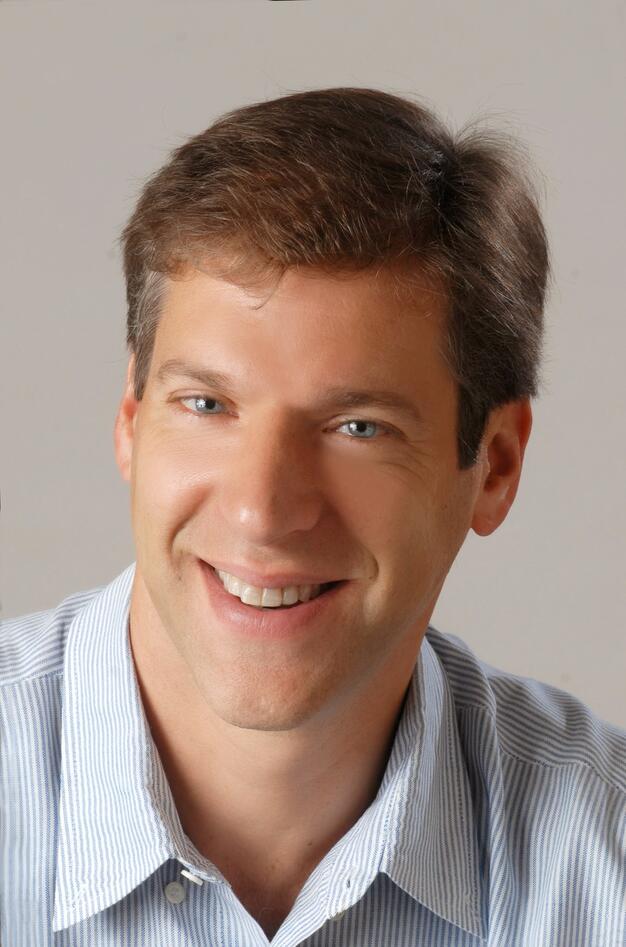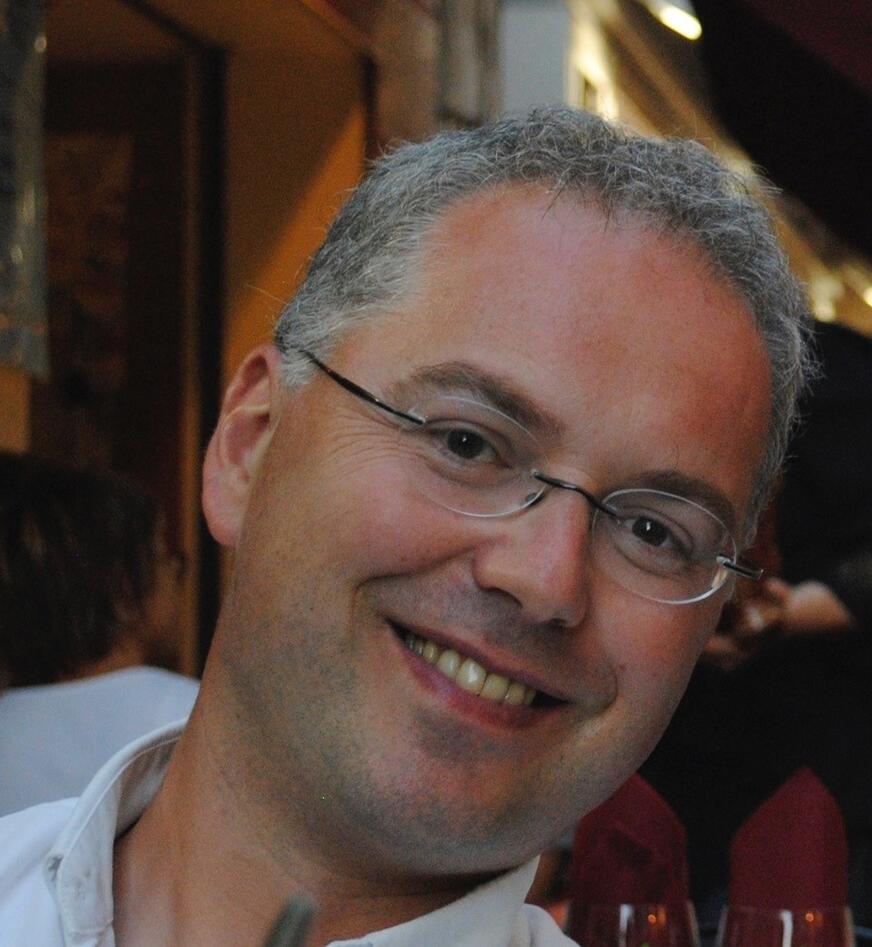Conference programme
Welcome to the all digital and free SDG Conference Bergen 2023! See the conference programme below. The overall theme of the conference is 'A just transformation to a sustainable future'.

Main content
See the full conference programme and recorded sessions below.
The conference included speakers from around the world with representation from academia, government, civil society, industry, and more. Norway’s Prime Minister Jonas Gahr Støre opened the conference.
Keynotes include:
- Helen Clark, former Prime Minister of New Zealand and UNDP Administrator
- Dan Kammen, University of California, Berkeley, and former Environmental Envoy for the U.S. State Department
- Katja Hujo, Development economist and social policy expert at the United Nations Research Institute for Social Development
- Sheila Jasanoff, Pforzheimer Professor of Science and Technology Studies, Harvard Kennedy School, and Holberg Prize Laureate
Conference participants were also invited to Day Zero on the 8th of February. This is an opportunity to participate in debates, workshops and other events organised by a broad range of institutions and organisations. This part of the conference was also all-digital and free of charge. You will find the Day Zero programme here.
Thursday February 9th
Moderator: Sofie Høgestøl
| Welcome and formal opening of the SDG Conference Bergen 2023 |
Opening session SDG Conference Bergen 2023
- Margareth Hagen, Rector, University of Bergen
- Jonas Gahr Støre, Prime Minister of Norway
- Maika Marie Godal Dam, President, National Union of Students in Norway
- Beate Sjåfjell and Eivind Engebretsen, Program Committee Leaders SDG Conference Bergen 2023
Opening lecture
- Sheila Jasanoff, Pforzheimer Professor of Science and Technology Studies, Harvard Kennedy School, and Holberg Prize Laureate. Title: "Just Transitions or Just Transitions?"
| Session 1: What do we mean when we talk about a 'sustainable future'? |
By whom and through what processes has sustainable development been defined historically? Are the UN Sustainable Development Goals (SDGs) the result of an inclusive and collaborative process across the world? Does the achievement of the SDGs represent a sustainable future? If not, what is the role of the SDGs and how can we define sustainability? In this session, we will bring together perspectives from around the world to discuss these questions, setting the scene for the conference.
Keynote:
- Helen Clark, Former Prime Minister of New Zealand and Former Administrator of UNDP
Panel discussion:
- Heloise Weber, Senior Lecturer, University of Queensland
- Marcel Robischon, Prof. of Agricultural Ecology, Humboldt Universität zu Berlin
- Roger Strand, Professor, Centre for the Study of the Sciences and the Humanities, University of Bergen
| Session 2: Living well within limits: Is green growth an oxymoron? |
The notions of green growth and degrowth have emerged as alternative responses to climate change and biodiversity loss. Proponents of green growth assert that continued economic expansion is compatible with environmental protection, as technological change and resource substitution will allow us to decouple Gross Domestic Product from resource use and carbon emissions. Degrowth proponents note that there no empirical evidence supporting a decoupling of economic growth from environmental pressures on the scale needed to deal with environmental breakdown. They contend that on a planetary scale, economic growth remains highly coupled to resource use and the hypothesis of ‘dematerialization’ has come true only in developed countries that have outsourced their industries to developing countries.
As IPCC and IPBES call for transformative change in financial and economic institutions, this session discusses the controversies sin the debate about growth and the environment. A key question is here whether we can continue pursuing economic growth as part of the SDGs in all countries in a finite planet ridden with climate and environment breakdown. The session will address two related sets of questions. The first set concerns the compatibility between growth and the environment: Is growth a viable path to pursue on the global level? Which possibilities for policy development would arise if non-growth models were included in the scenarios from the UN panels? The second set concerns the operationalization of the idea of just and safe planetary boundaries: How can limits be framed to better serve sustainability and justice? How can we translate ideas of limits into operative and meaningful policies on the national, regional and local levels?
Keynote:
Dan Kammen, Professor of Energy, University of California, Berkeley. Title: “Data science and distributed power to accelerate the Sustainable Development Goals?”
Panel discussion:
- Edgar Hertwich, Professor in industrial ecology, Norwegian University of Science and Technology
- Sarah Cornell, Associate Professor and Principal Researcher, Stockholm Resilience Centre at Stockholm University
- Erik Gomez-Baggetun, Professor of Environmental Governance, Norwegian University of Life Sciences
| Session 3: A safe and just space for all species |
Session 3: A safe and just space for all species
This session looks at potential conflicts and tensions inherent in the SDGs’ focus on distributive justice. While the welfare of future generations is a fundamental value of sustainable development since the publication of the Brundtland report, the SDGs and their targets are sparse on intergenerational justice concerns.
The question of distributive justice generates potential conflicts, including tensions between generations and between humans and other species. The session explores these tensions through a panel of experts from various fields.
Panel discussion:
- Dan Banik, Professor of Political Science and Director of The Oslo SDG Initiative
- Axel Gosseries, FNRS Research Professor, Hoover Chair, University of Louvain
- Maria Mercedes Sanchez, Coordinator of the UN Harmony with Nature Programme
- Trisha Greenhalgh, Professor of Primary Care, University of Oxford
- Hilda Nakabuye, Founder Fridays For Future - Uganda
Friday February 10th
| Session 4: The key role of business in securing a just transition |
The contribution of business is necessary to move away from the very certain path to a very uncertain future that we are currently on. Yet business in aggregate is responsible for exploitation of people, destruction of the environment and undermining of the economic bases for well-functioning societies. Despite increasing awareness of the need to ensure the contribution of business to sustainability, positive change appears still to be incremental. What changes must take place for European businesses to play their part? How can we move from talk to a fundamental transition across global value chains? Which actors need to be involved?
Panel discussion:
- Beate Sjåfjell, Professor Dr Juris at the Faculty of Law, University of Oslo
- Mette Grangaard Lund, Technical officer, Green jobs and Just Transition, ILO
- Idar Kreutzer CEO of Finance Norway
| Session 5: The how of just transformation |
Session 5: The how of just transformation
The current economic system has proven its merits when it comes to generating economic activity and wealth. Still, the inequality both between and within countries are increasing rapidly, both when it comes to economic income and facing the environmental consequences of unchecked economic growth. How can we address the fundamental flaw of capitalism when it comes to redistributing wealth between rich and poor? Which practices and institutional arrangements are sustaining the raise in inequality and what can we do about it? What is the role of trade unions and civil society organisations in furthering the agenda of a truly just transformation that challenges the dominating neo-liberal agenda?
Keynotes:
- Katja Hujo, Senior Research Coordinator, UN Research Institute for Social Development
Panel discussion:
- Katja Hujo, Senior Research Coordinator, UN Research Institute for Social Development
- Mark Taylor, Researcher II, Fafo Institute for Labour and Social Research, Oslo
- Anja Bakken Riise, Executive Director, Future in our hands
- Grace-Edward Galabuzi, Ag. Executive Director, Makerere Institute for Social Research, Makerere University
| Session 6: Lessons learned for a just transformation |
Session 6: Lessons learned for a just transformation
A sustainable transformation of societies must be driven by research-based knowledge about ecological limits, and aim to secure the social foundations for all of humanity. This session focuses on lessons learned for a just transformation. How can we ensure intercultural, interpolitical, intergenerational and interdisciplinary understanding? What is the role of the responsible university in ensuring a just transformation? What is required of national and international policy makers of our time? In what way can business and finance be part of the fundamental transformation? How can civil society push for change? How can our understanding of the challenges at hand be translated into action?
Talk: “The SDGs as an academic responsibility”
- Chris Brink, Prof Chris Brink, Emeritus Vice-Chancellor, Newcastle University UK.
Panel discussion:
- Anne Beathe Tvinnereim, Minister of International Development
- Chris Brink, Prof Chris Brink, Emeritus Vice-Chancellor, Newcastle University UK
- Sarah Cornell, Associate Professor and Principal Researcher, Stockholm Resilience Centre at Stockholm University
- Maika Marie Godal Dam, President, National Union of Students in Norway
| Closing remarks / End of Conference |
Closing remarks / End of Conference
Leaders of the Programme Committee:
- Beate Sjåfjell, Professor, University of Oslo
- Eivind Engebretsen, Professor, University of Oslo
